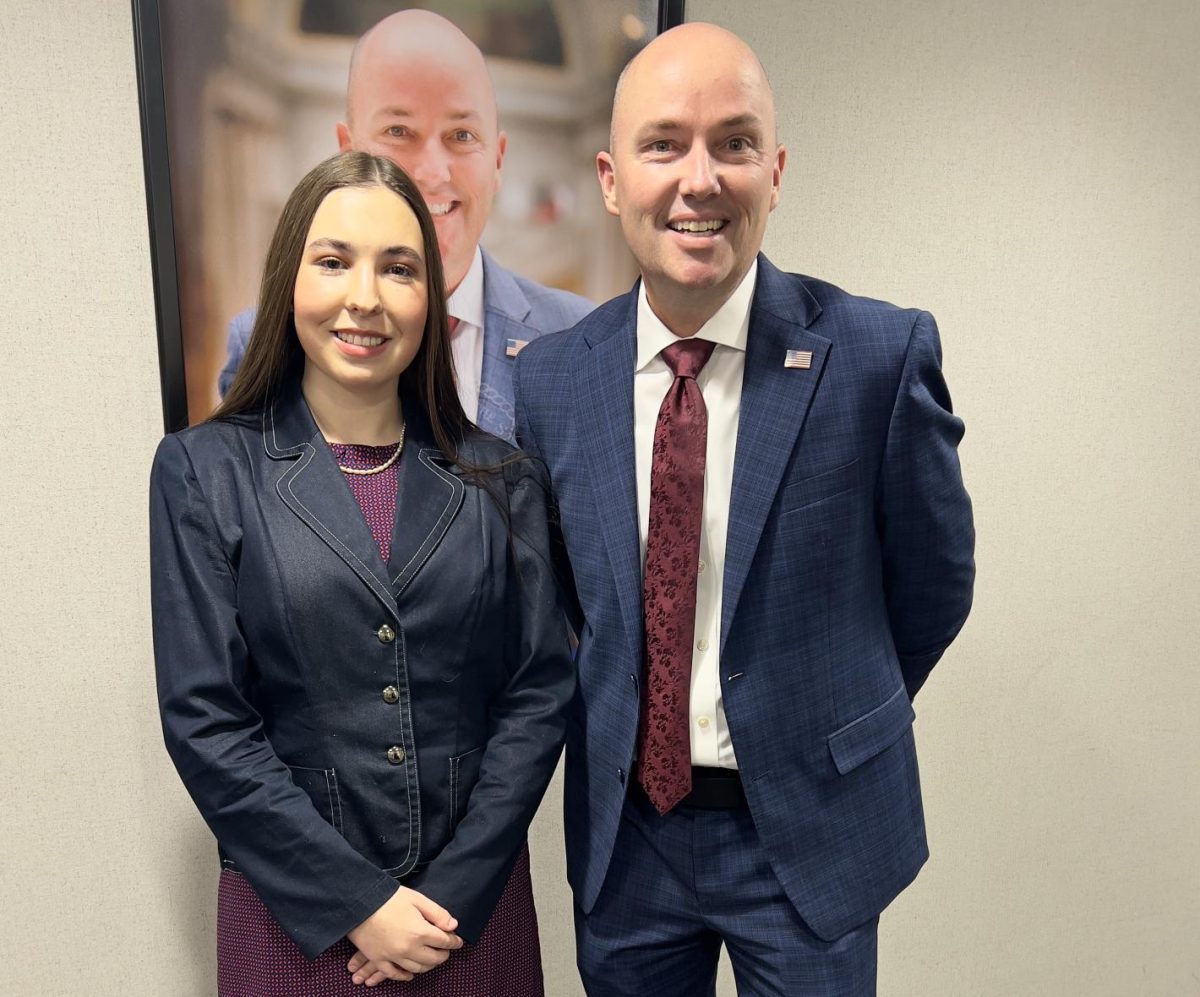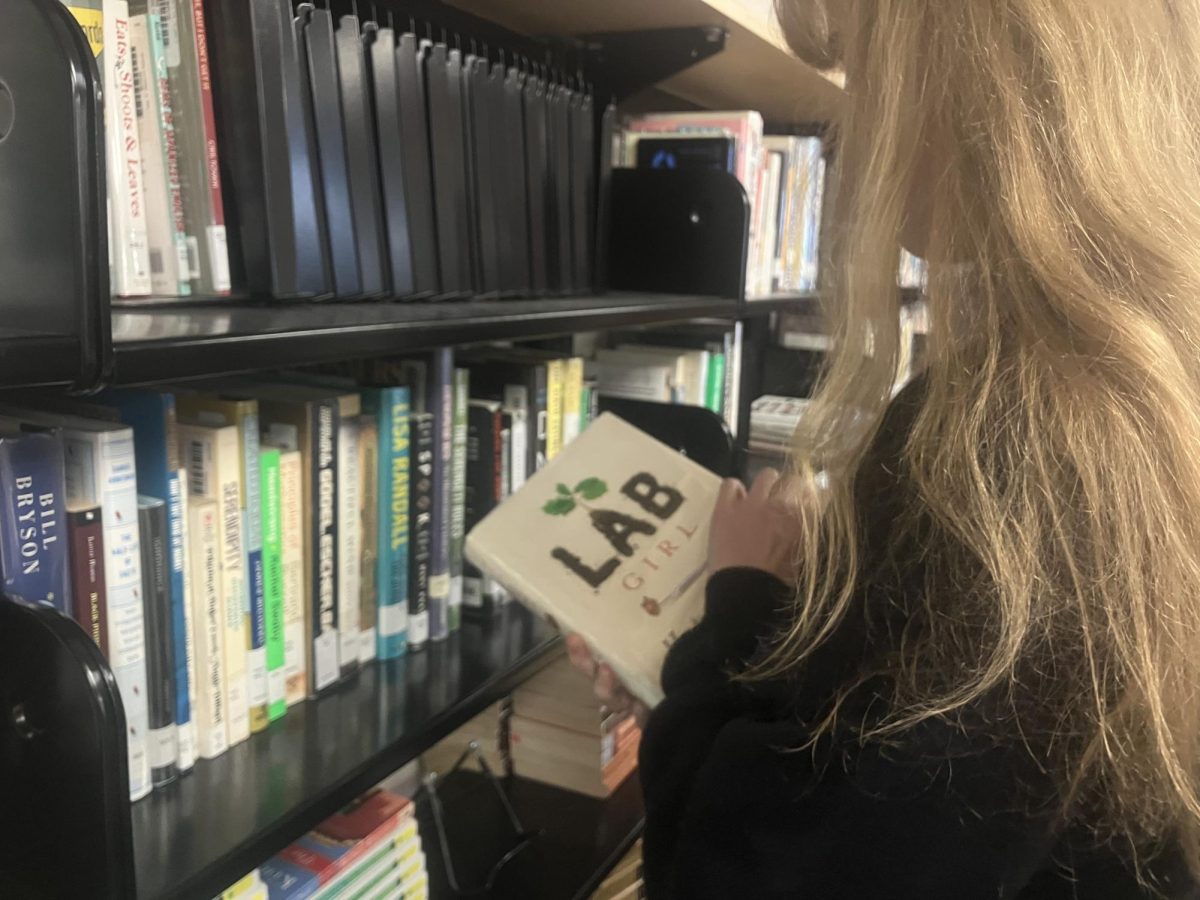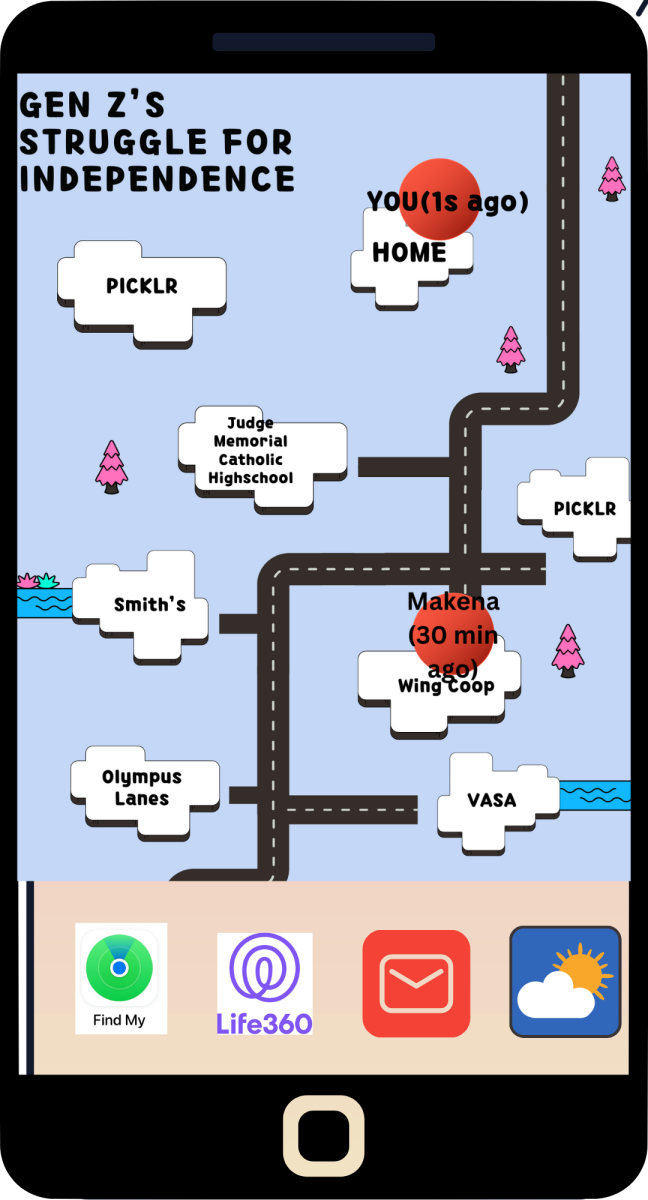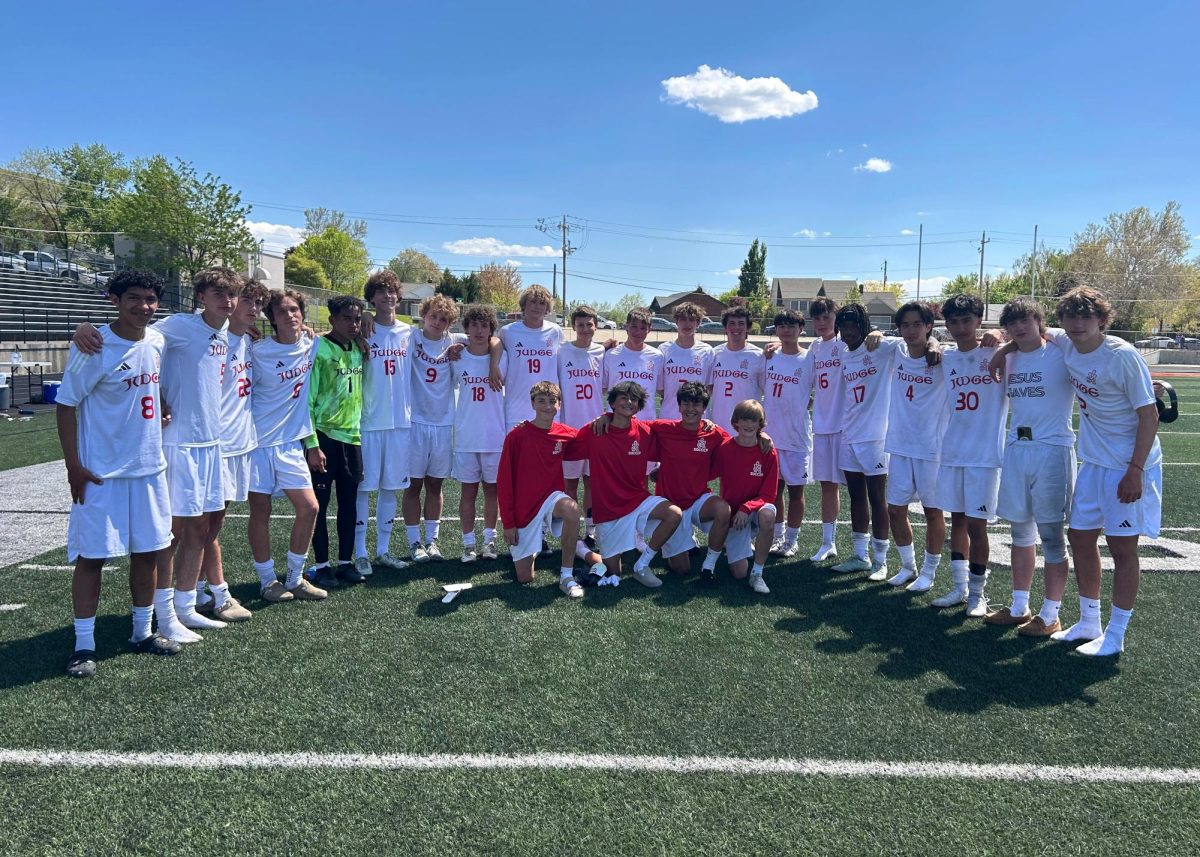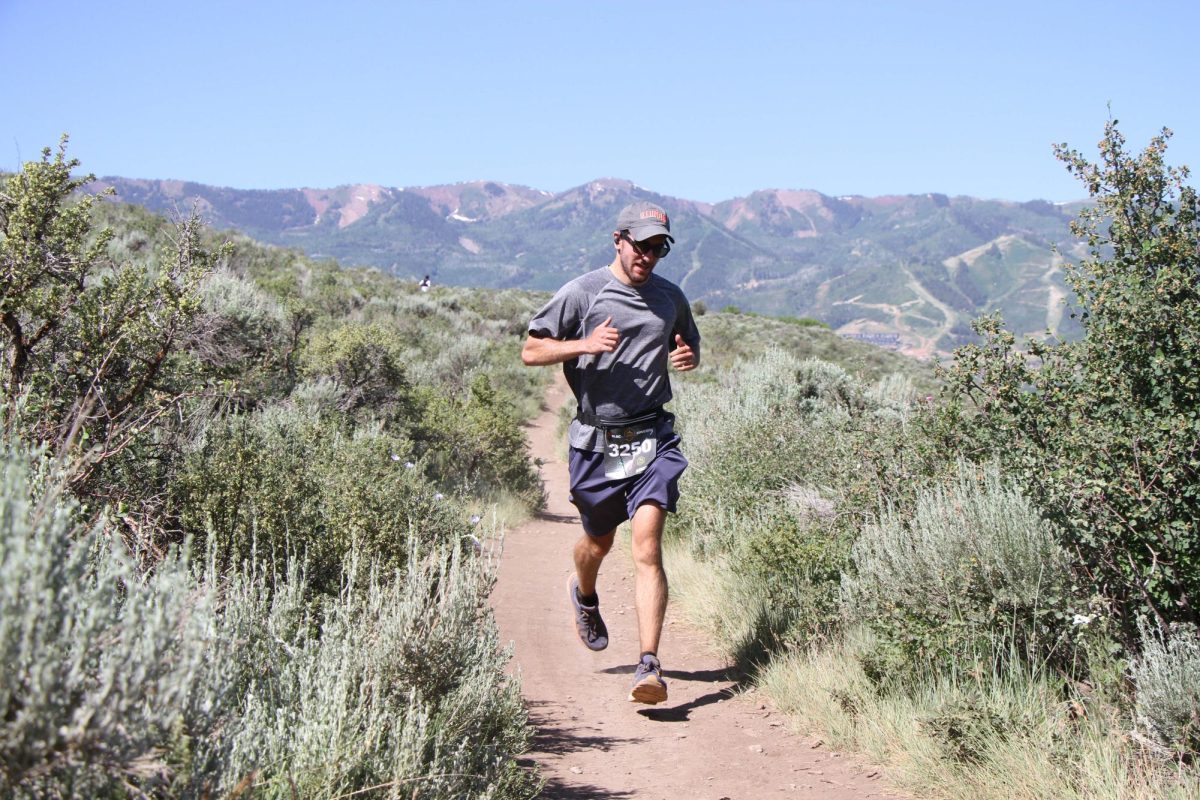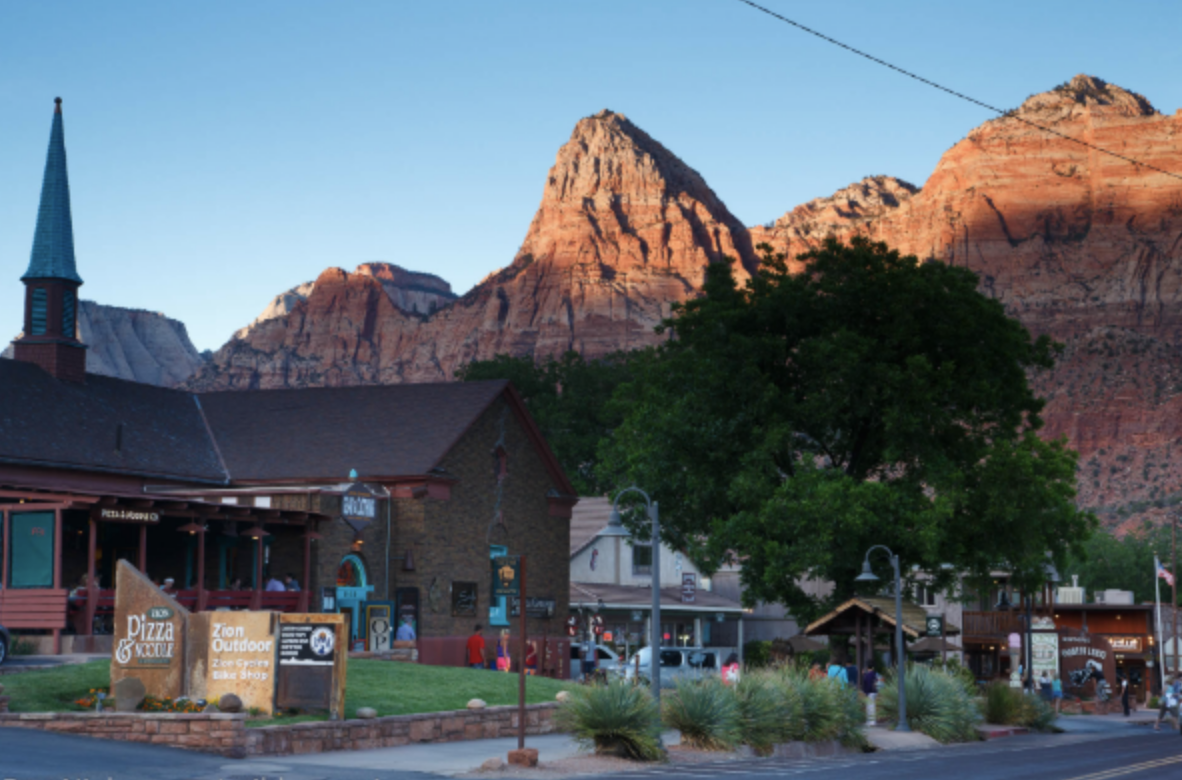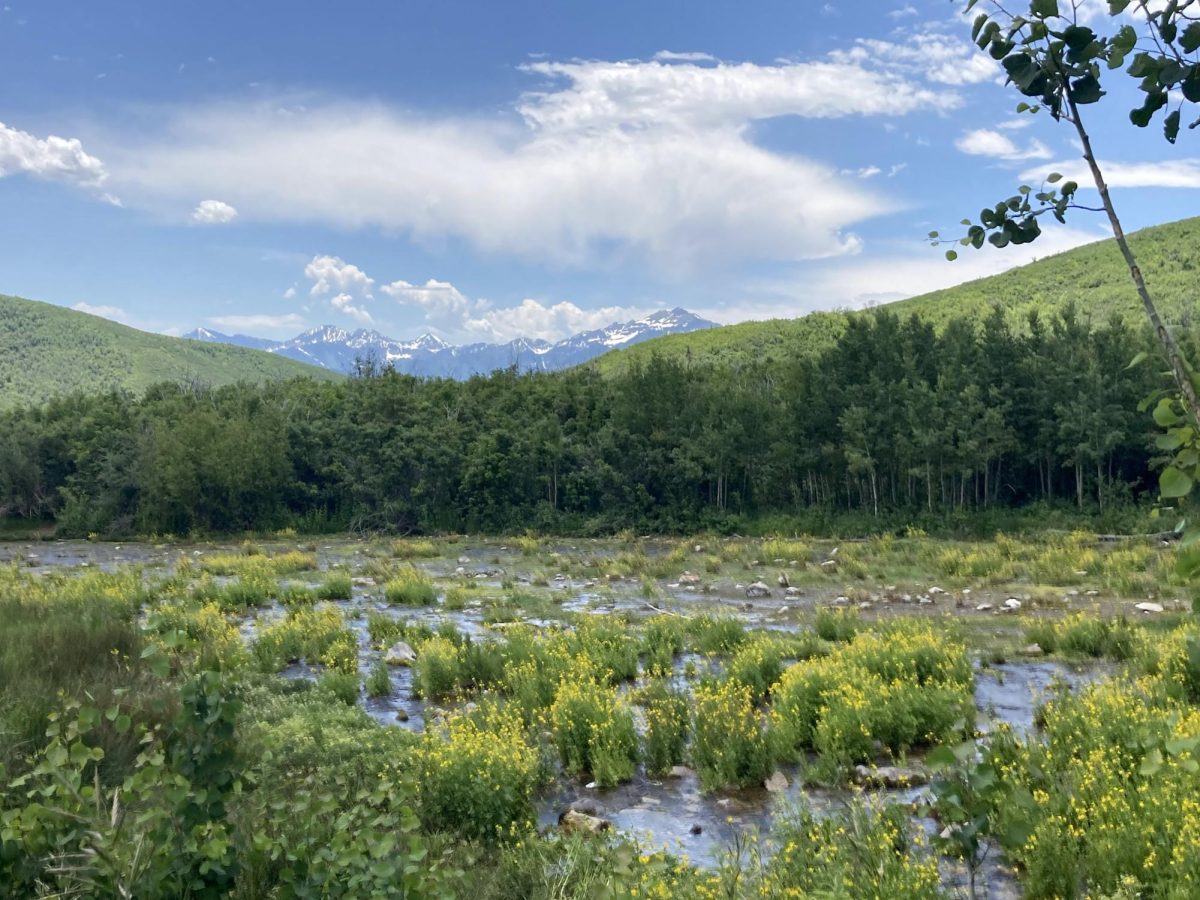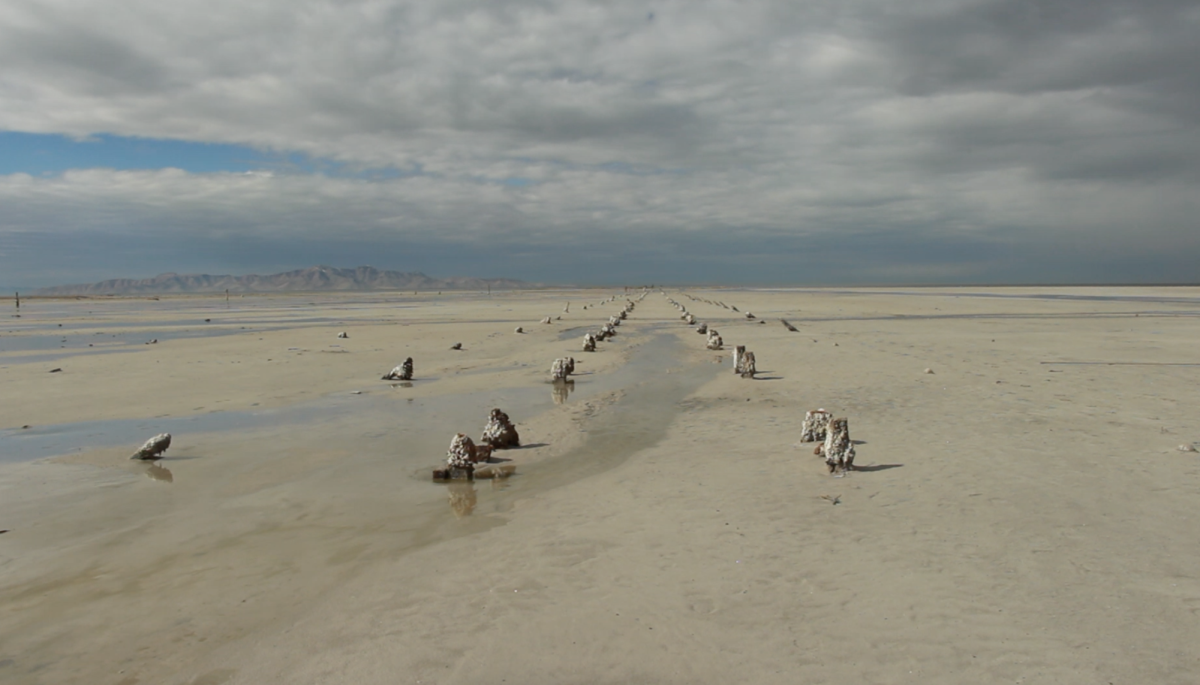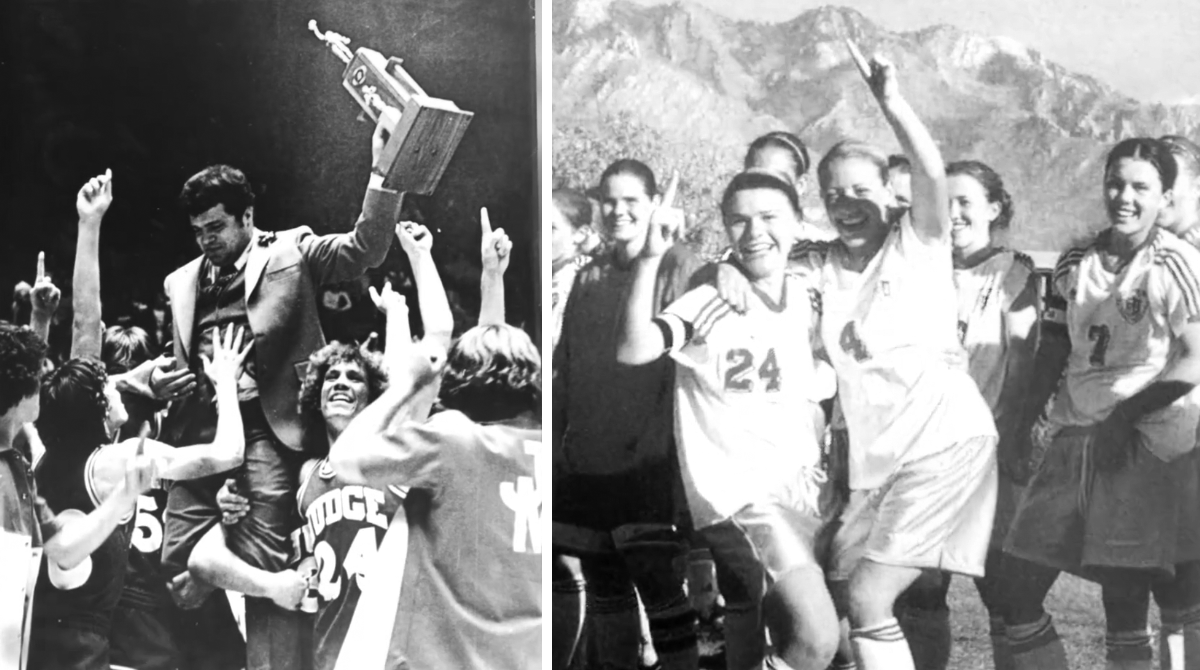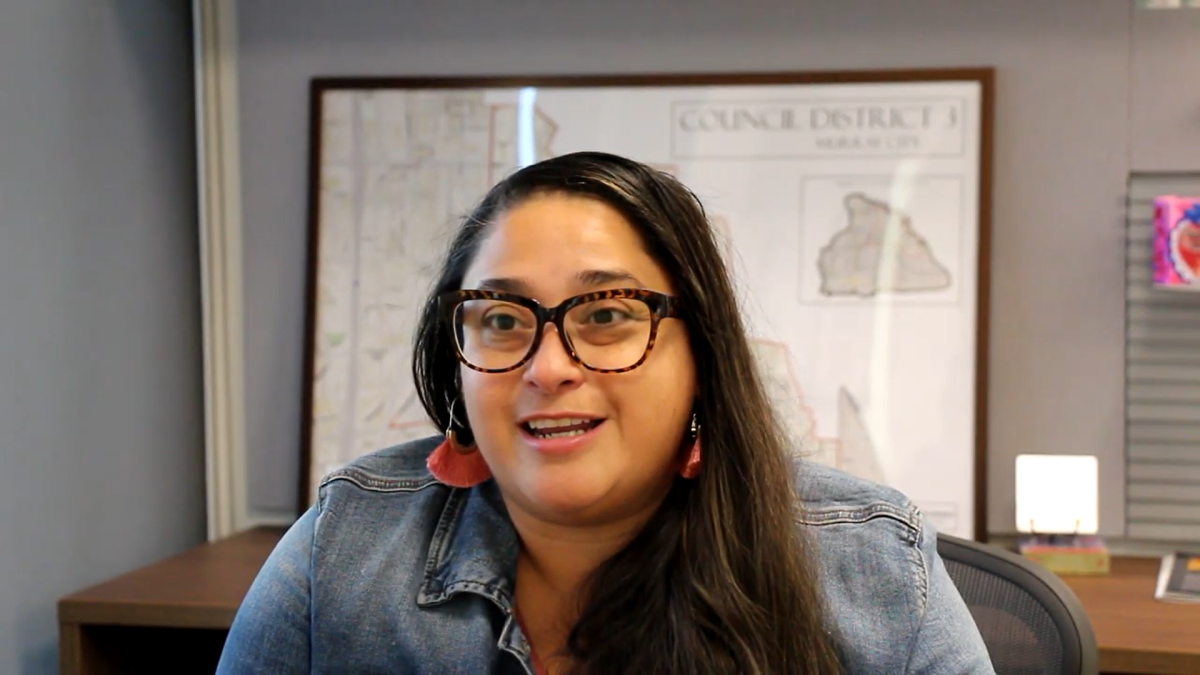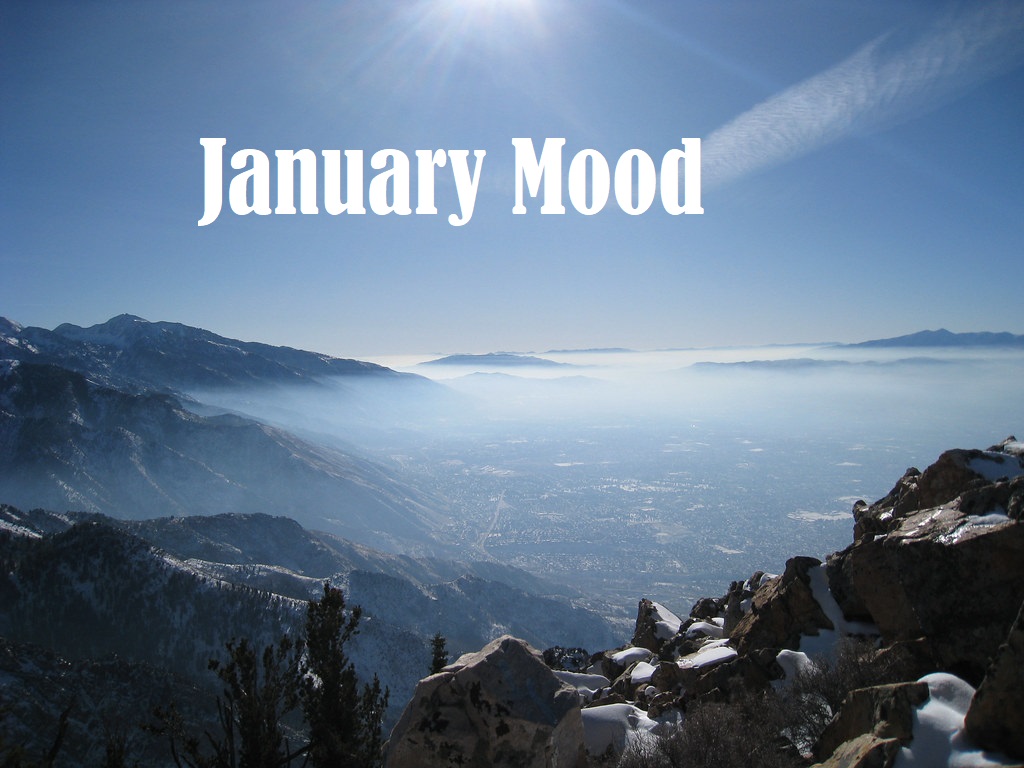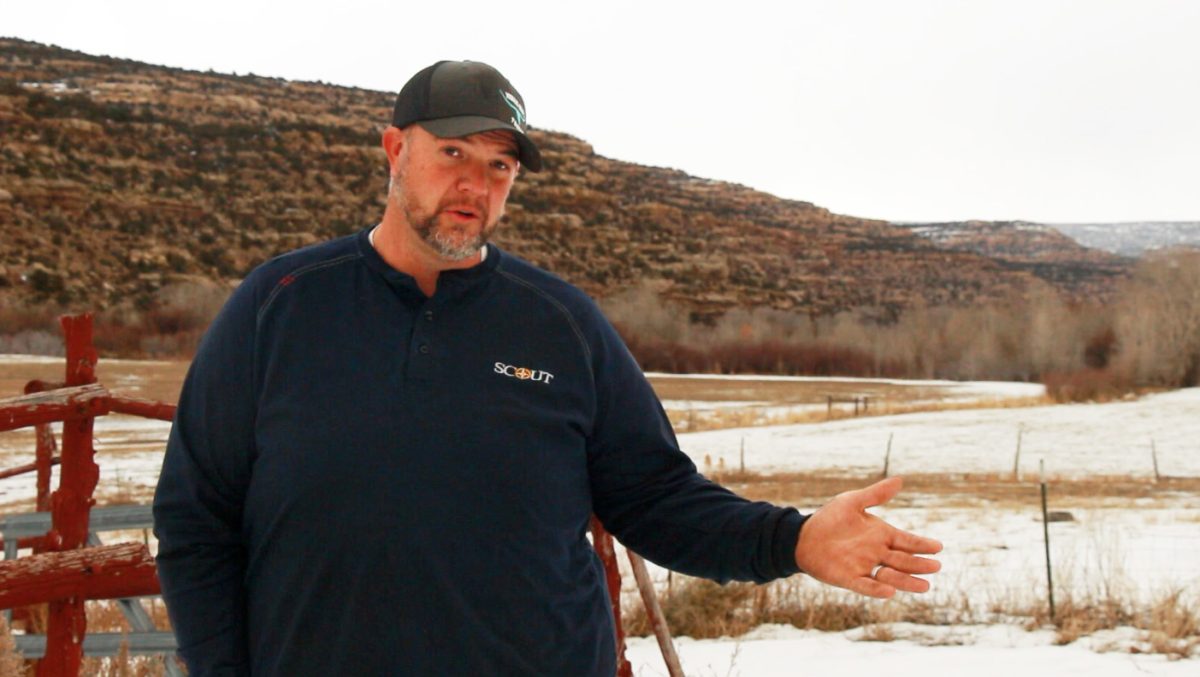interview transcript
In 2021, the Great Salt Lake reached the lowest levels ever recorded, only 45% of what it was merely twenty years before. The state got scared and demanded change, but then the winter of 2022-23 hit. Last year, we were graced with the most water northern Utah has seen in decades. Alta, a local ski resort, received their biggest snow year ever recorded with 903 inches of snow, over a dozen feet above the previous record high.
Then in 2023, HB 410 passed the Utah Legislature, giving $40 million to restore the Great Salt Lake. With this massive influx of water, and increased funding, worry about the Great Salt Lake Decreased in the public eye, but the lake is by no means saved. More needs to be done, and thankfully around a dozen bills circulated the 2024 Utah legislature to address these issues.
This year, S.B. 18, sponsored by Senator Sandall and Representative Snider was introduced to the Senate floor, a modification of 2023’s S.B. 277. The bill allows farmers who have switched to water-saving technologies to sell their conserved water back to the state.
When a farmer buys a piece of land to farm, they also have to buy a water right, or an entitlement to a certain amount/percentage of water from a source (river, reservoir, lake, etc.) Traditionally, farmers have made an effort to use all their water rights every year, needed or not, so that they can continue to have access to the water.
Oscar from the popular TV show, The Office explains this concept well to Micheal. “Your mommy and daddy give you ten dollars to open up a lemonade stand. So you go out and you buy cups and you buy lemons and you buy sugar. And now you find out that it only costs you nine dollars, so you have an extra dollar. So you can give the extra dollar back to mommy and daddy but guess what? Next summer when you ask them for money, they’re gonna give you nine dollars because that’s what they think it costs to run the stand. So what you need to spend that dollar on something now.”
Essentially, if they don’t use it, they lose it without any gain.
Within Utah, water rights are based on seniority order. Whoever has the older water right has access to their specific amount of water first. The first water right dates back to 1847, when the Mormons first settled in Utah. With the era and occupation of most of the pioneers, most of the farmers got the water rights and have since been handed down generation to generation.
It’s estimated that 80% of Utah’s water rights are held by the agriculture community. However, when a farmer decides to sell their land to, let’s say a developer, the water rights go with it. So, all of these growing cities and municipalities are built on these water rights, and as the population grows, so does the need for water. So where do we look for this water? The farmers.
For years, the United States has been working on technology to increase the output of crops for the same amount of water. This is called agriculture optimization. Essentially, when the pioneers first started farming in Utah, it took for acre feet per acre to grow a crop. Now, with sprinklers instead of flood irrigation, let’s say it takes only two acre feet per acre. So, it takes half the water for the same yield. This extra water serves the cities and bigger municipalities.
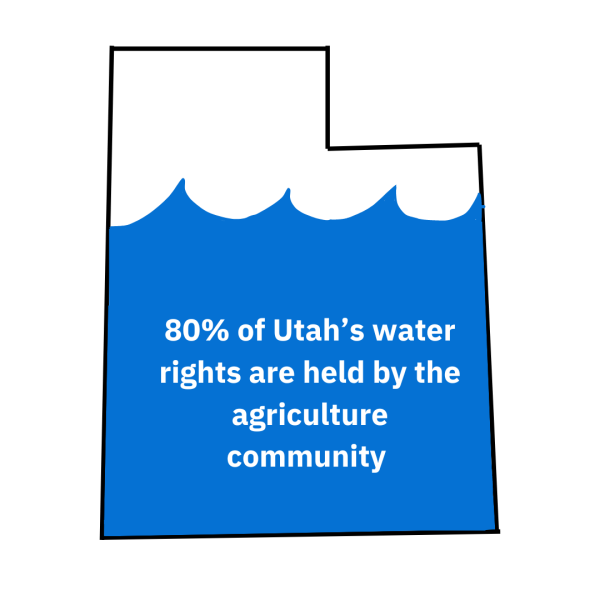
This bill states if one, “ceases to beneficially use all or a portion of a water right for a period of at least seven years, the water right or the unused portion of that water right is subject to forfeiture (lines 85-87).”
Essentially, if farmers aren’t using all their water, they have the option to sell. The sold water will first go to satisfy other water rights in the area and then the public. By implementing this bill, farmers would be incentivised to save the unneeded water, and instead sell it to others, who will use it, and get paid for that extra water.
Unfortunately, this does not explicitly give water to the Great Salt Lake. The state engineer controls, “the form, content, and processing procedure for a claim under Section 73-5-13 to surface or underground water that is not represented by a certificate of appropriation (line 295-296),” so it is up to him. Theoretically, the Great Salt Lake could claim personhood and buy water rights, but this would be illegal if HB 249: Utah Legal Personhood Amendment becomes law.
This bill would save a lot of water throughout the state, and lessen the impact of the drought Utah has been in for eight of the past ten years. However, as the loss of the Great Salt Lake is arguably the biggest current threat to our state. The bill needs to be modified with language mandating that a certain percent of said saved water goes to the Great Salt Lake if possible or applicable.
Additionally, for this to have any impact, we need to make sure that other detrimental bills such as HB 249, do not pass in the legislature.
Interactive map by Corrine Higgins using Google Earth images and Juxtapose by Knightlab.



